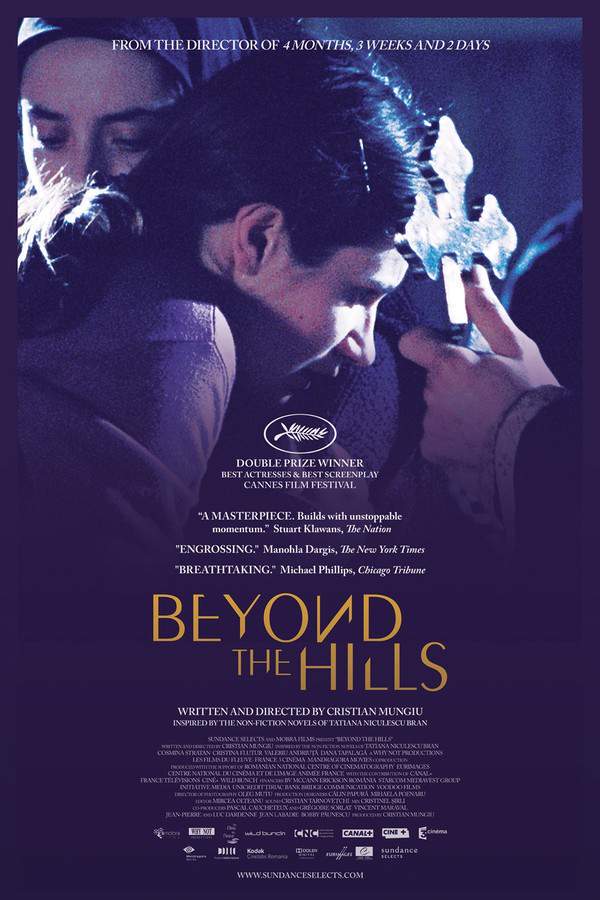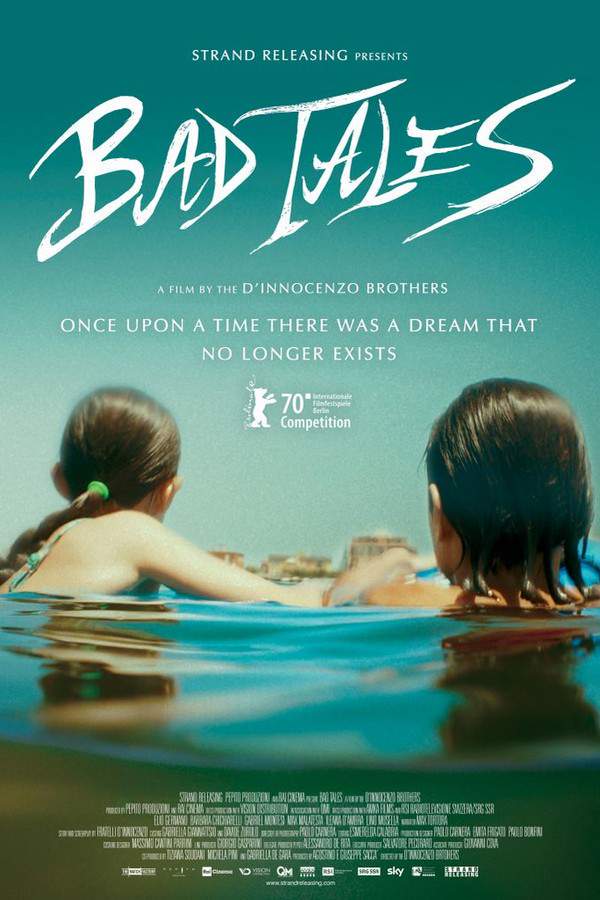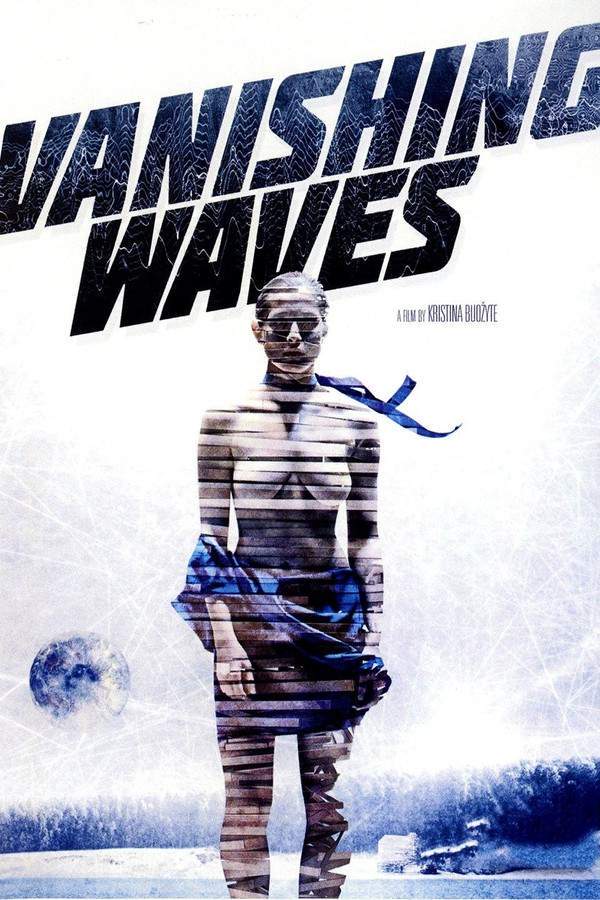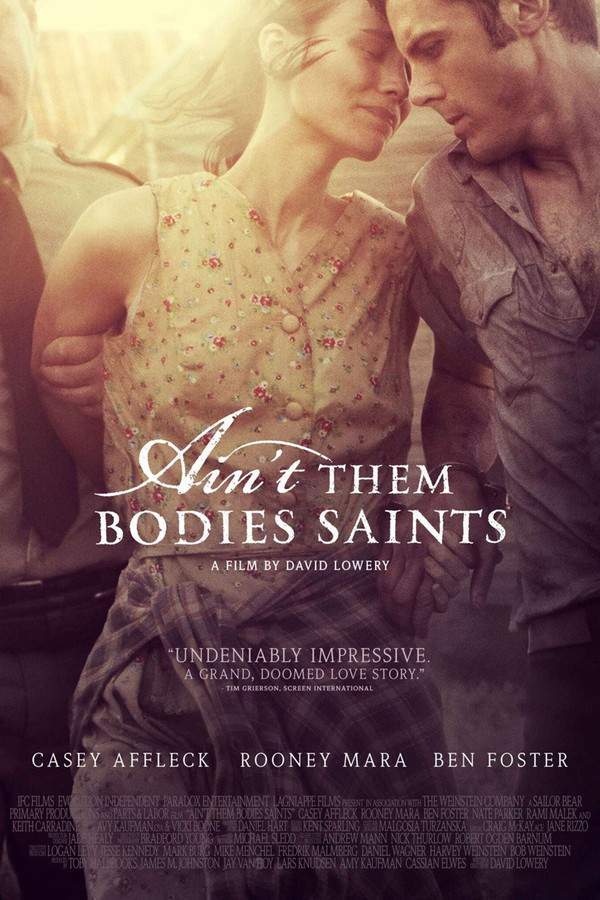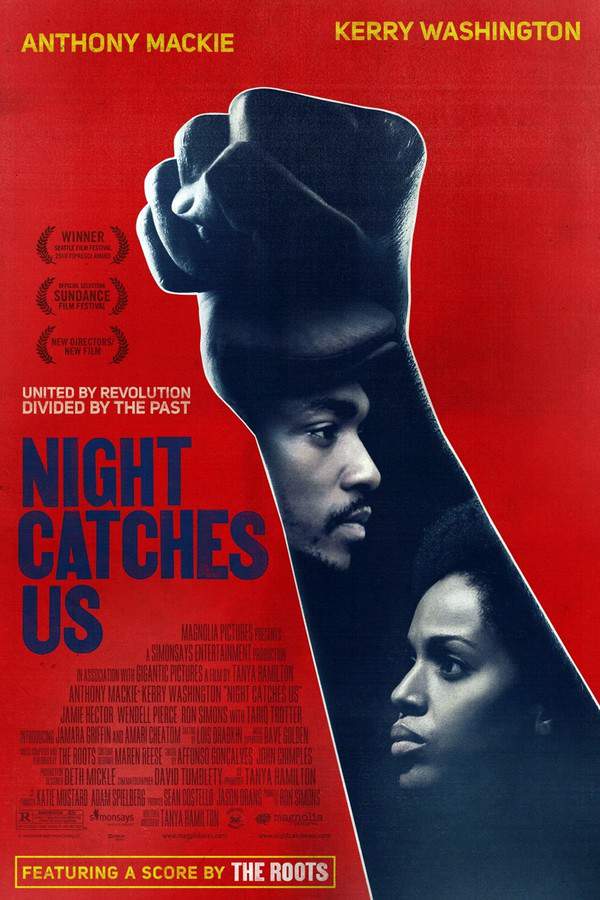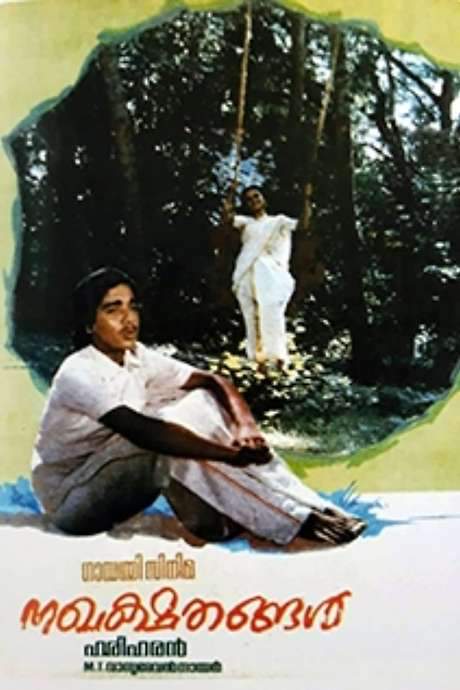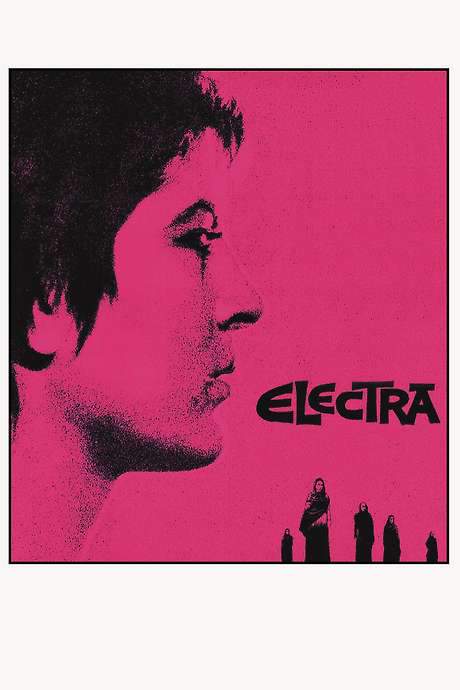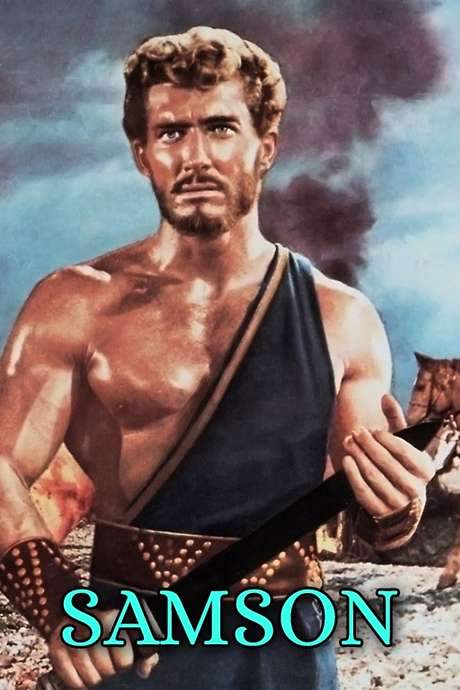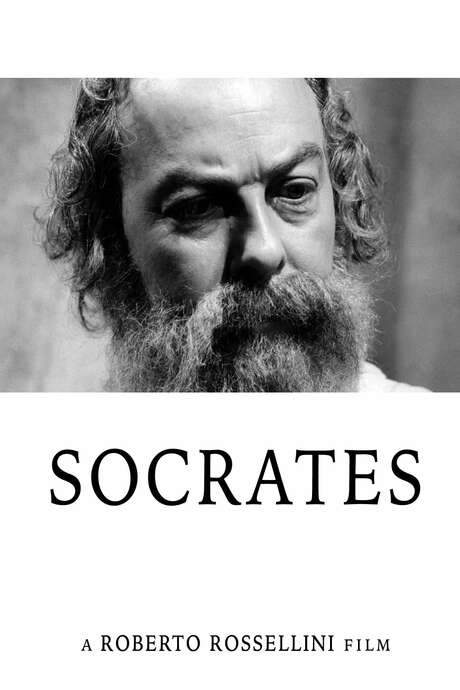
Socrates
Year: 1971
Runtime: 120 mins
Language: Italian
Director: Roberto Rossellini
A false accusation leads the philosopher Socrates to trial and condemnation in 4th century BC Athens.
Warning: spoilers below!
Haven’t seen Socrates yet? This summary contains major spoilers. Bookmark the page, watch the movie, and come back for the full breakdown. If you're ready, scroll on and relive the story!
Timeline – Socrates (1971)
Trace every key event in Socrates (1971) with our detailed, chronological timeline. Perfect for unpacking nonlinear stories, spotting hidden connections, and understanding how each scene builds toward the film’s climax. Whether you're revisiting or decoding for the first time, this timeline gives you the full picture.
Last Updated: October 09, 2025 at 09:19
Explore Movie Threads
Discover curated groups of movies connected by mood, themes, and story style. Browse collections built around emotion, atmosphere, and narrative focus to easily find films that match what you feel like watching right now.
Tragic Intellectual Biographies like Socrates
Stories of brilliant minds crushed by the systems they challenged.A collection of movies like Socrates, featuring historical dramas about philosophers, scientists, and artists facing persecution. If you liked the story of Socrates's principled stand against Athenian corruption, you'll appreciate these similar films about brilliant minds confronting overwhelming power.
Narrative Summary
Narratives in this thread typically follow a linear path, charting the rise of a singular intellect, the growing conflict with societal or political norms, and the inevitable, devastating fallout. The drama stems from ideological clashes and moral conviction rather than physical action.
Why These Movies?
These movies are grouped by their shared focus on a real-life intellectual figure, a slow, deliberate pacing that allows for philosophical exploration, a dark tone rooted in historical injustice, and a profoundly sad ending that emphasizes the cost of principle.
Slow Burn Tragedies of Injustice like Socrates
Where a slow, tense build-up leads to a known, devastating outcome.Discover movies similar to Socrates that master the art of the slow burn tragedy. These films, often based on true stories or well-known events, create a powerful sense of dread as they meticulously build towards an unjust and heartbreaking conclusion, perfect for viewers who appreciated the heavy mood of Socrates.
Narrative Summary
The narrative pattern is one of ominous foreshadowing and escalating tension. The plot unfolds with a sense of grim inevitability, focusing on the psychological and emotional states of characters caught in a rigged system or facing an unstoppable force, leading to a cathartic but sorrowful ending.
Why These Movies?
They share a specific emotional recipe: a slow pace that creates a meditative, heavy atmosphere, a high intensity derived from the looming tragic outcome, a dark and somber tone throughout, and a final emotional impact that is deeply sad and morally weighted.
Unlock the Full Story of Socrates
Don't stop at just watching — explore Socrates in full detail. From the complete plot summary and scene-by-scene timeline to character breakdowns, thematic analysis, and a deep dive into the ending — every page helps you truly understand what Socrates is all about. Plus, discover what's next after the movie.
Socrates Summary
Read a complete plot summary of Socrates, including all key story points, character arcs, and turning points. This in-depth recap is ideal for understanding the narrative structure or reviewing what happened in the movie.

Characters, Settings & Themes in Socrates
Discover the characters, locations, and core themes that shape Socrates. Get insights into symbolic elements, setting significance, and deeper narrative meaning — ideal for thematic analysis and movie breakdowns.

Socrates Spoiler-Free Summary
Get a quick, spoiler-free overview of Socrates that covers the main plot points and key details without revealing any major twists or spoilers. Perfect for those who want to know what to expect before diving in.

More About Socrates
Visit What's After the Movie to explore more about Socrates: box office results, cast and crew info, production details, post-credit scenes, and external links — all in one place for movie fans and researchers.

Similar Movies to Socrates
Discover movies like Socrates that share similar genres, themes, and storytelling elements. Whether you’re drawn to the atmosphere, character arcs, or plot structure, these curated recommendations will help you explore more films you’ll love.
Explore More About Movie Socrates
Socrates (1971) Plot Summary & Movie Recap
Socrates (1971) Scene-by-Scene Movie Timeline
Socrates (1971) Spoiler-Free Summary & Key Flow
Movies Like Socrates – Similar Titles You’ll Enjoy
Mr. Socrates (2005) Detailed Story Recap
Theban Plays: Oedipus the King (1986) Story Summary & Characters
Plato’s Banquet (1989) Ending Explained & Film Insights
Cleopatra (1912) Movie Recap & Themes
Barefoot in Athens (1966) Detailed Story Recap
The Unknown (1954) Complete Plot Breakdown
Oedipus Rex (1957) Plot Summary & Ending Explained
Electra (1962) Spoiler-Packed Plot Recap
Zorba the Greek (1964) Film Overview & Timeline
Samson (1961) Full Movie Breakdown
I blame the People (1966) Film Overview & Timeline
Oedipus the King (1968) Full Movie Breakdown
Damon and Pythias (1962) Spoiler-Packed Plot Recap
The Ogre of Athens (1956) Full Movie Breakdown
A Fool And A Hater (1959) Full Movie Breakdown

